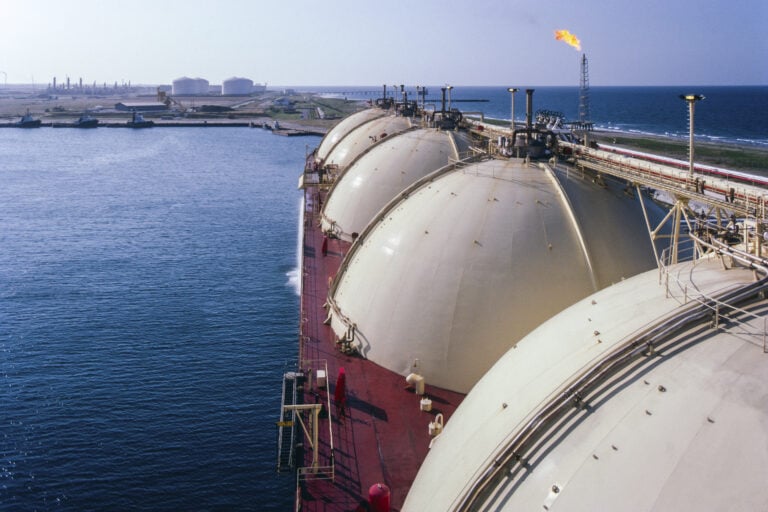Towards a Global Finance System at the Service of Sustainable Development
Assessing the development impact of European and global financial reforms
The financial crisis is truly global in scale. It will have a lasting impact on growth, jobs and debts, and will be a long-term burden for economies all over the world. Although it originated in the developed world, the subsequent fallout has been keenly felt in developing countries. For example, reduced lending, foreign direct investment and aid, along with weaker export revenues, have resulted in increased poverty, unemployment and indebtedness. The crisis is a consequence of the global rise of neoliberalism. An unwavering belief that markets are efficient and banks are self-regulating, resulted in excessive privatisation, liberalisation and deregulation. Financial markets are now predominant, and traditional economic activities, such as classic production and services, are slowly being sidelined. This system engenders inequality, uncertainty and the concentration of power in the hands of the few. Short-term speculation and excessive risk-taking are rewarded, despite their destabilising effects on the wider economy.
Partners
-
Weed – World Economy, Ecology & Development
-
SOMO
-
New Economics Foundation
-
Vedegylet/Protect the Future, Hungary
-
Association internationale des techniciens, experts et chercheurs
-
Glopolis
Publication
Related news
-
The treaty trap: The miners Published on:
 Vincent KiezebrinkPosted in category:Publication
Vincent KiezebrinkPosted in category:Publication Vincent Kiezebrink
Vincent Kiezebrink
-
The treaty trap: The gas companies Published on:
 Vincent KiezebrinkPosted in category:Publication
Vincent KiezebrinkPosted in category:Publication Vincent Kiezebrink
Vincent Kiezebrink
-
 Oil and gas multinationals avoid up to $2 billion in taxes in MozambiquePosted in category:News
Oil and gas multinationals avoid up to $2 billion in taxes in MozambiquePosted in category:News Vincent KiezebrinkPublished on:
Vincent KiezebrinkPublished on:

